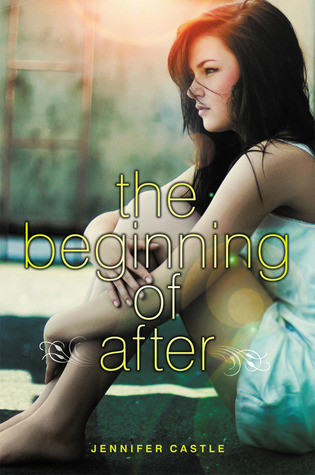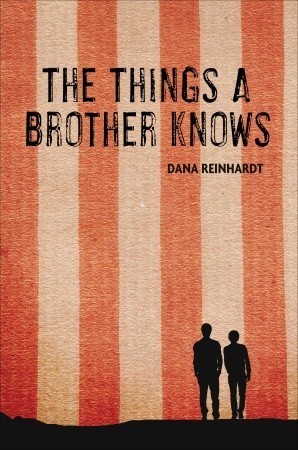
Where Things Come Back
Book Description
What happens when a missing person returns, but everything feels different? In a quiet town gripped by uncertainty, fifteen-year-old Cullen Witter struggles with loss and the enigmatic return of a creature thought to be extinct. As his brother grapples with a haunting silence, Cullen's world spirals into chaos. Friends become strangers, and reality blurs between what is lost and what can be found. With heart-pounding suspense and raw emotion, the line between hope and despair tightens around him. Will Cullen uncover the truth before time slips away forever? Could the answers he seeks change everything he knows?
Quick Book Summary
"Where Things Come Back" by John Corey Whaley weaves together a poignant coming-of-age story set in quiet Lily, Arkansas, where fifteen-year-old Cullen Witter’s world is upended by unimaginable events. Cullen grapples with the sudden disappearance of his gifted younger brother Gabriel while the town obsesses over the rumored reappearance of a long-extinct woodpecker. As uncertainty reshapes his family and friendships, Cullen navigates the blurry boundaries between hope and despair, pain and resilience. Parallel narratives involving a zealous missionary and a lost college student intersect, deepening the mystery and illuminating the complexities of belief. Through loss, longing, and the search for meaning, Cullen is forced to reevaluate what home, faith, and redemption can truly be. Whaley’s novel explores the chaos of adolescence amid grief and the ways in which people attempt to find hope in the unlikeliest of places.
Summary of Key Ideas
Table of Contents
Dealing with Loss and Grief
The story unfolds in the small Southern town of Lily, Arkansas, where Cullen Witter struggles to make sense of a tragic summer. His younger brother Gabriel—brilliant, kind, and the anchor of the Witter family—suddenly vanishes without a trace. This disappearance sends shockwaves through Cullen’s family, testing the limits of their hope, patience, and fortitude as days stretch into weeks without answers. Cullen, burdened by guilt and longing, tries to maintain composure for those around him, but inwardly, he sinks deeper into uncertainty and fear, desperately searching for clues and sense amidst the chaos.
Search for Meaning and Identity
Complicating Cullen’s turmoil is the town’s collective distraction: news that the Lazarus woodpecker, thought to be extinct, might have reappeared in Lily. As birdwatchers descend and the town slips into near-hysteria, Cullen observes how easily people cling to hope—sometimes to fool themselves, sometimes to heal. The woodpecker becomes a symbol for yearning: for the return of lost things, for the miraculous. Cullen’s skepticism collides with the townspeople’s optimism, intensifying his feelings of isolation, but also pushing him to question what he truly believes.
Hope and the Power of Belief
Parallel to Cullen’s narrative is the story of Benton Sage, a young missionary struggling with faith and purpose. Benton's trajectory leads him from a failed mission in Ethiopia to a crisis of identity in college, mirroring Cullen’s search for meaning. Benton’s story converges with that of Cabot Searcy, his roommate, who becomes obsessed with deciphering Benton’s motivations and fate. The subtle interconnection between their lives reveals how the search for fulfillment and understanding can take very different shapes—and how small actions can cause life-altering ripples.
Complexities of Family and Relationships
As the summer trudges on, Cullen navigates changing friendships, his unspoken affection for Ada Taylor, and the pressure to reconcile myth with harsh reality. Family dynamics fray and re-knit, tested by Gabriel’s absence, while Cullen’s wry humor and vivid imagination offer both refuge and escape from pain. Ultimately, Cullen is forced to confront the limits of his own knowledge and resilience, wrestling with the idea that some questions may never be answered, and some loved ones might never return the same, if at all.
Interconnectedness of Lives and Destiny
In the novel’s closing moments, strands of the parallel stories finally entwine, delivering both pain and catharsis. Cullen’s journey illuminates the universal struggle to endure loss, the desire for miracles, and the difficult acceptance that change is inevitable. "Where Things Come Back" leaves readers with a meditation on hope—how we create and sustain it, even when the things or people we’ve lost seem forever out of reach. Whaley’s narrative is both a suspenseful mystery and a lyrical examination of adolescence, faith, and the redemptive power of connection.
Download This Summary
Get a free PDF of this summary instantly — no email required.





